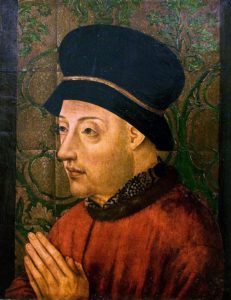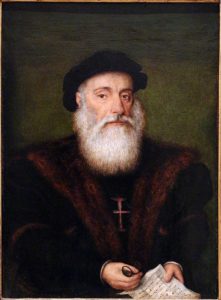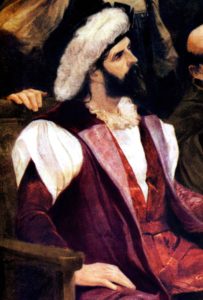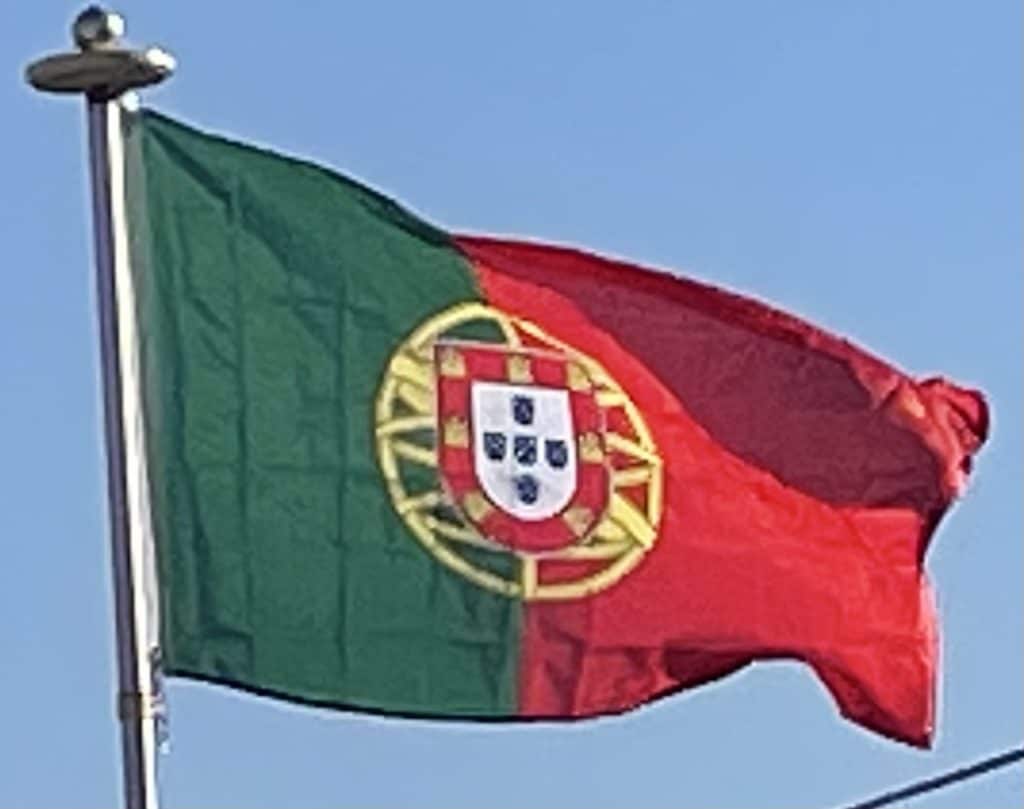
During this period, Portugal explored the Atlantic Ocean, discovering the Atlantic archipelagos the Azores, Madeira, and Cape Verde; explored the African coast; colonized selected areas of Africa; discovered an eastern route to India via the Cape of Good Hope; discovered Brazil, explored the Indian Ocean, established trading routes throughout most of southern Asia; and sent the first direct European maritime trade and diplomatic missions to China and Japan.
In 1415, Portugal acquired the first of its overseas colonies by conquering Ceuta, the first prosperous Islamic trade center in North Africa. There followed the first discoveries in the Atlantic: Madeira and the Azores, which led to the first colonization movements.
Throughout the 15th century, Portuguese explorers sailed the coast of Africa, establishing trading posts for several common types of tradable commodities at the time, ranging from gold to slaves, as they looked for a route to India and its spices, which were coveted in Europe.
The Treaty of Tordesillas, intended to resolve the dispute that had been created following the return of Christopher Columbus, was made by Pope Alexander VI, the mediator between Portugal and Spain. It was signed on 7 June 1494, and divided the newly discovered lands outside Europe between the two countries along a meridian 370 leagues west of the Cape Verde islands (off the west coast of Africa).

In 1498, Vasco da Gama accomplished what Columbus set out for and became the first European to reach India by sea, bringing economic prosperity to Portugal and its population of 1.7 million residents, and helping to start the Portuguese Renaissance. In 1500, the Portuguese explorer Gaspar Corte-Real reached what is now Canada and founded the town of Portugal Cove-St. Philip’s, Newfoundland and Labrador, long before the French and English in the 17th century, and being just one of many Portuguese colonizations of the Americas.
In 1500, Pedro Álvares Cabral discovered Brazil and claimed it for Portugal. Ten years later, Afonso de Albuquerque conquered Goa in India, Muscat and Ormuz in the Persian Strait, and Malacca, now a state in Malaysia. Thus, the Portuguese empire held dominion over commerce in the Indian Ocean and South Atlantic. Portuguese sailors set out to reach Eastern Asia by sailing eastward from Europe, landing in such places as Taiwan, Japan, the island of Timor, and in the Moluccas.

Although for a long period it was believed the Dutch were the first Europeans to arrive in Australia, there is also some evidence that the Portuguese may have discovered Australia in 1521. From 1519 to 1522, Ferdinand Magellan (Fernão de Magalhães) organized a Spanish expedition to the East Indies which resulted in the first circumnavigation of the globe. Magellan never made it back to Europe as he was killed by natives in the Philippines in 1521.
The Treaty of Zaragoza, signed on 22 April 1529 between Portugal and Spain, specified the anti-meridian to the line of demarcation specified in the Treaty of Tordesillas.
